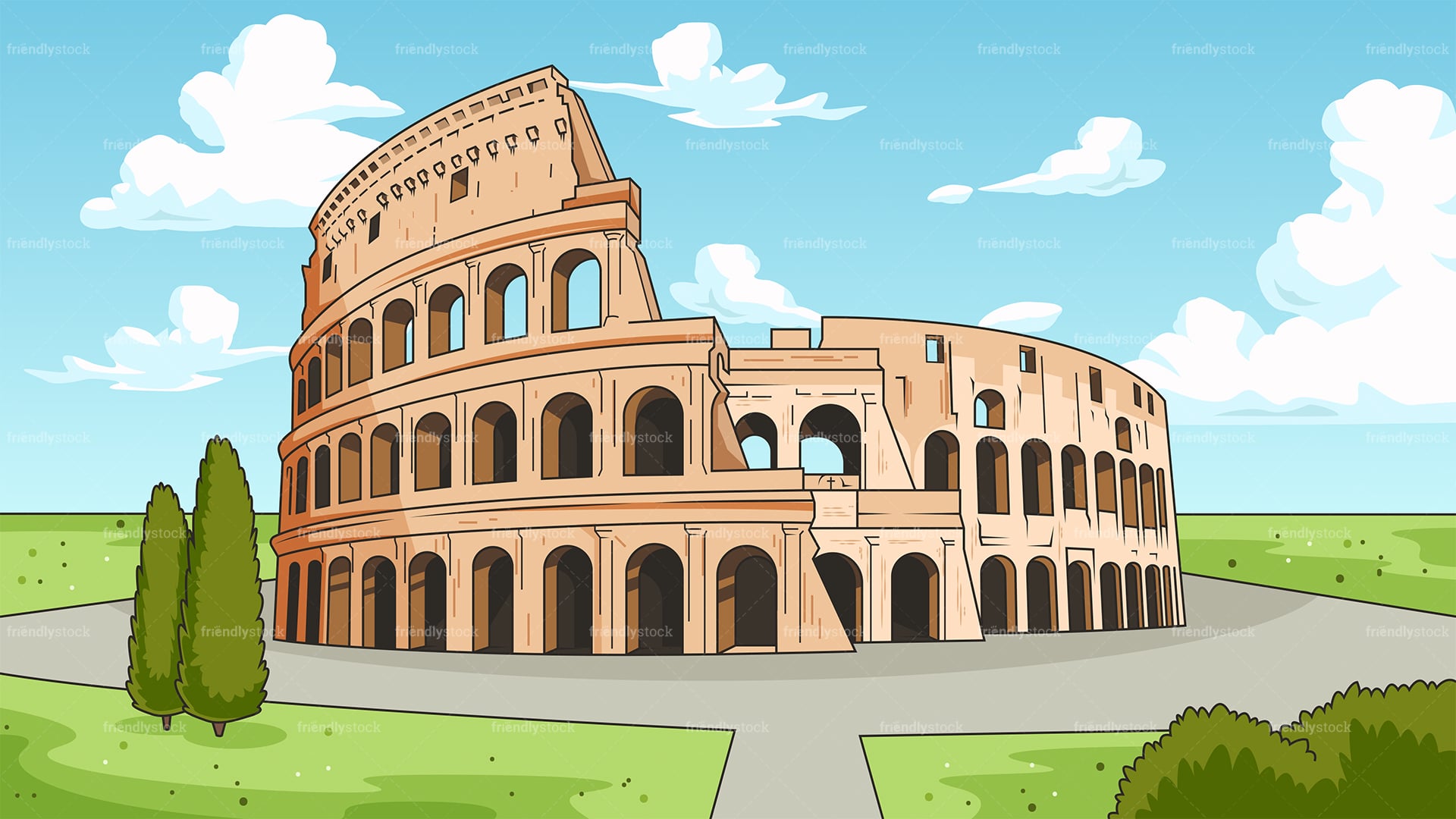
November 3, 2043
Location: Home.

Once I arrive home, I check in with Siri to see if anything has been posted to any of my Community Boards. I respond to a few posts in my Family, Neighborhood, and UVA Community Boards and then I see that a new member is attempting to create an account on the Charlottesville History Buffs Board I am the moderator of. Before I can accept this person’s request, I have to verify their identity by reviewing the ID documents they provided and scheduling a video conference with them for next week.
I then log into my History of Media class University Board to post tonight’s reflective assignment. I see that I have three unread messages from student’s asking questions about the course material and assignments. I dictate to Siri how I’d like to respond and also tell her to open the reflective assignment for my students to complete.
A few hours later, Siri alerts me that my student, Eli, is requesting a video call regarding tonight’s assignment. I tell Siri to begin the call. “Hi Eli, is everything clear for the reflection on today’s lecture?”

“Yes, I am fairly clear on what we need to do, but I was wondering if you could elaborate a little more on how the policy that resulted from the military hacking led to innovative projects like the automated home systems we all have in our homes today?”
“Of course. When these bills were passed, young technology wizards were given the challenge of creating new technologies that would use the internet in ways that would advance and protect society. Ideas of home automation systems date back well before this incident, like when Jim Sutherland created the Echo IV in 1966, which used a home computer system to automate things like room temperature, manage the family’s accounting, calendar, digital clocks, and more. A young Steve Jobs listed Sutherland as a major inspiration for his first iteration of what we now refer to as Siri. Back then, Jobs worked with the government to create a home automation system that would perform similar tasks to the Echo IV, but combine that with the popular Bulletin Board Systems at the time,” I shared.

“The computer system would be used to automate home functioning and family planning and needs, but would also be used to communicate with other users on home systems, so that people would not lose the idea from their for-fun BBS’s when they lost their personal computers not commissioned by employers or educational institutions. He introduced Community Boards back in 1996 and we still use them today! Well, a more advanced version, but the idea is still there. Since Jobs was working with the government, they found a way to provide these systems over the course of ten years to every family home, while still maintaining private sector influence by allowing other technology companies to create similar home automation systems that homeowners could choose from when getting their systems installed. He also partnered with the Department of Education to make sure all public schools and universities had systems installed.”
“Oh, so that’s how we came to see these home automation systems in different ways all across the country. Thanks, Professor Brown!” Eli said.

I answered a few other emails and messages through the University Board and then retreated to my school tablet to work on some research for next week’s lectures.
“New message from Alanna Brown,” Siri shared, “‘Are you watching the Nightly Broadcast right now?”
“Siri, respond saying, ‘I didn’t even realize it was 6pm. Watching now.’” I rushed into the living room where the news was automatically playing. Apple was announcing its new update to Siri coming out in one month.

“One update we are most excited about is a new device within Siri. Introducing SiriLens, VR contact lenses that will allow you and your friends, family, students, and more to travel together to any spot in the world without leaving your home,” Apple’s CEO shared. “You will be able to see and speak to anyone in the same space as you as if they are really right next to you. Can’t make it to Thanksgiving at Grandma’s? Slip on some SiriLenses and join the conversation like you’re really there. Want to travel to Europe but don’t have the funds? SiriLenses will take you and your friends to all the major attractions and you won’t have to worry about paying for a flight.”
“Siri, tell Alanna ‘Oh my gosh. I HAVE to teach my European Media History lecture from the EU. This is nuts!’” I declared.

Apple’s CEO continued on to say that due to their partnership with the Department of Education, they’d be providing SiriLenses to all students and professors of public schools and universities in the United States, effective by the start of next school year.
With this exciting news, it was hard to stay focused on research for the rest of the evening. I spent an hour talking in my different Community Boards about the news, and video called my family to explain to them what all of this means. I then made dinner based on Siri’s recommendations and went through my nightly routine.
At 11:00pm, Siri alerted me that it was time for bed. The last thing I did is my mindfulness ritual. Siri leads me through five minutes of reflection and relaxation to prepare me for my night’s sleep and the following day. The lights go out at 11:15pm and Siri sets my Board status to asleep so that I am not contacted until the morning. “Goodnight, Sarah,” Siri says.
“Goodnight, Siri.”

Go Back to: My Homepage.
For more stories like this one, check out Hoos Neocities.